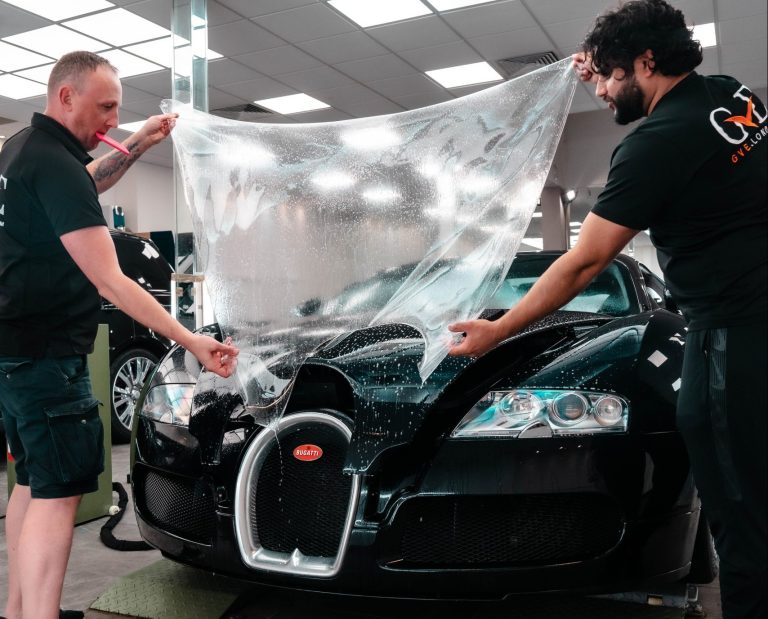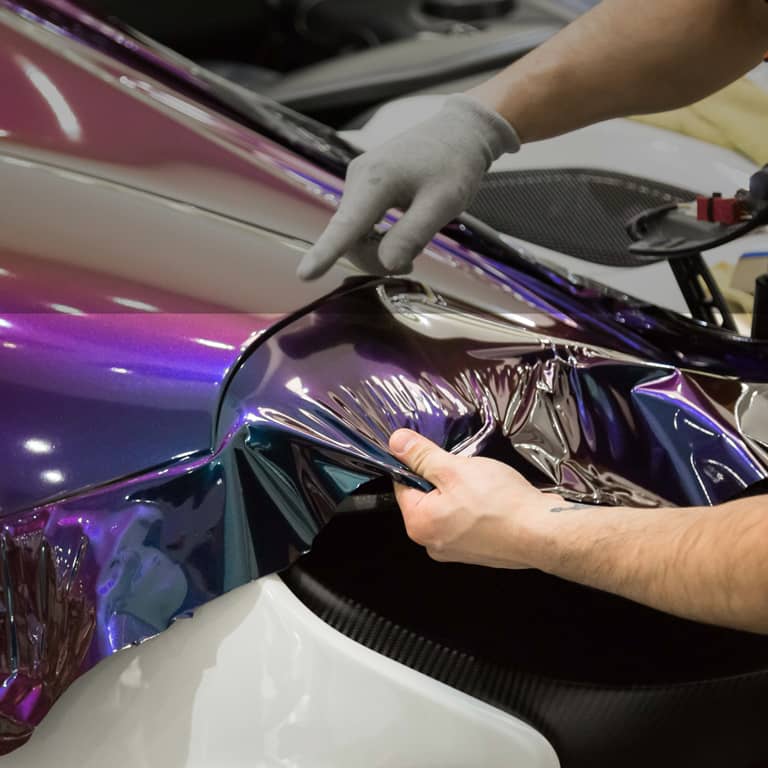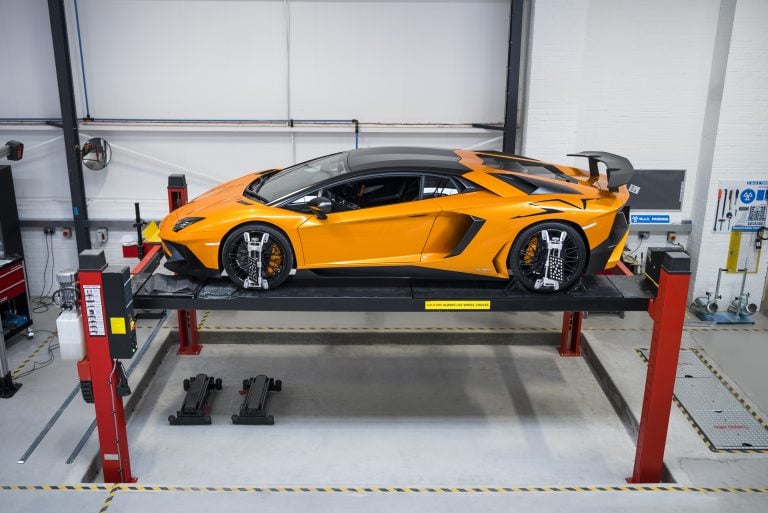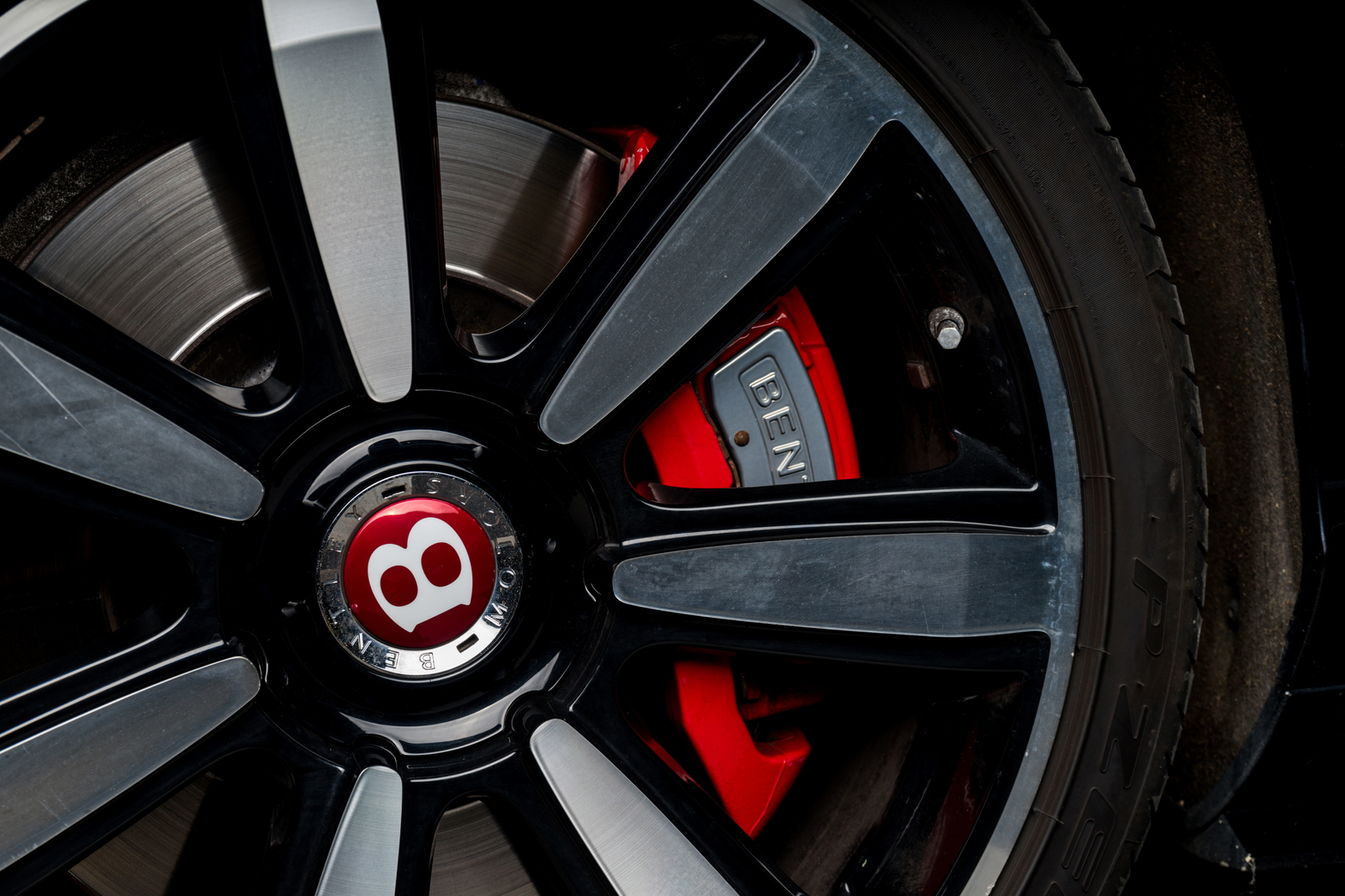- Servicing Case Studies
How to Improve Fuel Efficiency on Bentley Continental GT? | GVE London – Blog
Enhance the fuel efficiency of your Bentley Continental GT with smooth driving, proper maintenance, tyre care, premium fuel, and smart vehicle management strategies.
To improve fuel efficiency on the Bentley Continental GT, a high-end luxury vehicle, you have to blend smart driving habits with the right maintenance strategies. While the Continental GT is known for its powerful engine and high performance, optimising fuel consumption requires attention to both driving style and vehicle upkeep.
From adopting smoother driving techniques and maintaining proper tyre pressure to ensuring regular Bentley servicing and utilising premium fuel, each step plays a crucial role in enhancing efficiency. This guide will explore practical tips to help you improve fuel efficiency while enjoying the elegance and power of your Bentley Continental GT.
Tips to Improve Fuel Efficiency on Bentley Continental GT
Keep the following tips in mind if you want to improve the fuel efficiency of your Continental GT and make sure it performs at its peak level –
Adopt Smooth Driving Techniques
One of the most effective ways to improve fuel efficiency is to adopt smoother driving habits. Rapid acceleration and hard braking can significantly reduce fuel economy. Instead, aim to accelerate gently and anticipate stops to avoid sudden braking.
By maintaining a steady speed and using cruise control on highways, you can improve fuel consumption. Smooth driving not only enhances fuel efficiency but also extends the life of your vehicle’s components.
Regular Maintenance and Servicing
Routine maintenance is crucial for keeping your Bentley Continental GT running efficiently. Regular servicing at a supercar service centre Like GVE London ensures that all components, from the engine to the transmission, are operating at their best. Key maintenance tasks include –
- Engine Oil Changes – Using high-quality engine oil and changing it at recommended intervals helps reduce friction and improve fuel efficiency.
- Air Filter Replacement – A clean air filter ensures optimal airflow to the engine, which can improve combustion efficiency and fuel economy.
- Spark Plug Replacement – Worn-out or dirty spark plugs can lead to incomplete combustion, reducing fuel efficiency. Regularly replacing spark plugs helps maintain optimal engine performance.
Optimise Tyre Pressure
Properly inflated tyres are essential for maximising fuel efficiency. Under-inflated tyres increase rolling resistance, which can lead to higher fuel consumption.
Check your tyre pressure regularly and ensure they are inflated to the manufacturer’s recommended levels. Additionally, ensure that your tyres are aligned and balanced to reduce drag and improve handling.
Read Also: How To Improve the Fuel Efficiency of Your Ferrari 296?
Use Premium Fuel
The Bentley Continental GT is designed to perform best with premium fuel. Using the recommended high-octane fuel not only ensures optimal performance but can also contribute to better fuel efficiency. Premium fuel burns more efficiently and can help prevent engine knocking, which can impact fuel economy.
Reduce Vehicle Weight
Unnecessary weight can negatively affect fuel efficiency. Regularly clear out your vehicle of any unnecessary items and avoid carrying heavy loads unless necessary. Additionally, consider removing any roof racks or carriers when they are not in use, as they create additional drag that can reduce fuel efficiency.
Improve Aerodynamics
Aerodynamics plays a significant role in fuel efficiency, especially at higher speeds. Ensuring that your Bentley’s aerodynamic features are in optimal condition can help reduce drag and improve fuel consumption. Avoid using external cargo carriers, and keep windows closed while driving at high speeds to minimise aerodynamic resistance.
Monitor Driving Habits
Modern vehicles, including the Continental GT, often come equipped with onboard computer systems that provide real-time data on fuel consumption. Pay attention to this information to monitor your driving habits and adjust as needed.
Utilising this data can help you understand how different driving styles impact fuel efficiency and guide you in adopting more fuel-efficient practices.
Consider Upgrades and Modifications
For those looking to invest further in their vehicle’s fuel efficiency, consider professional upgrades and modifications.
Performance chips or regular supercar servicing can optimise engine performance for better fuel economy. However, always consult a specialist familiar with Bentley vehicles to ensure that any modifications are compatible with your car’s specifications.
Conclusion
Improving fuel efficiency in a Bentley Continental GT involves a combination of smart driving habits, regular servicing, maintenance, and careful attention to vehicle care. By adopting smooth driving techniques, keeping up with routine servicing, maintaining proper tyre pressure, etc., you can enhance your car’s fuel economy.
You can visit the GVE London supercar service centre for regular maintenance of your Continental GT and make sure that it provides maximum fuel efficiency. Moreover, you get customisation, modifications, repairs, wrapping, detailing, and more for your supercar here.
Frequently Asked Questions
Regular servicing is essential for optimal fuel efficiency. Follow the manufacturer’s recommended service intervals for oil changes, air filter replacements, and spark plug maintenance. Keeping up with these services ensures that your vehicle operates efficiently.
Proper tyre pressure reduces rolling resistance, which can lead to better fuel economy. Under-inflated tyres create more drag, forcing the engine to work harder and consume more fuel. Check tyre pressure regularly and maintain it at the manufacturer’s recommended levels.
Professional upgrades or modifications, such as performance chips or engine tuning, can potentially improve fuel efficiency. However, consult with a specialist familiar with Bentley vehicles to ensure any modifications are compatible and won’t negatively impact your car’s performance or warranty.
Contact Us
"*" indicates required fields
OUR SERVICES

PAINT PROTECTION FILM

WRAPPING

SERVICING










